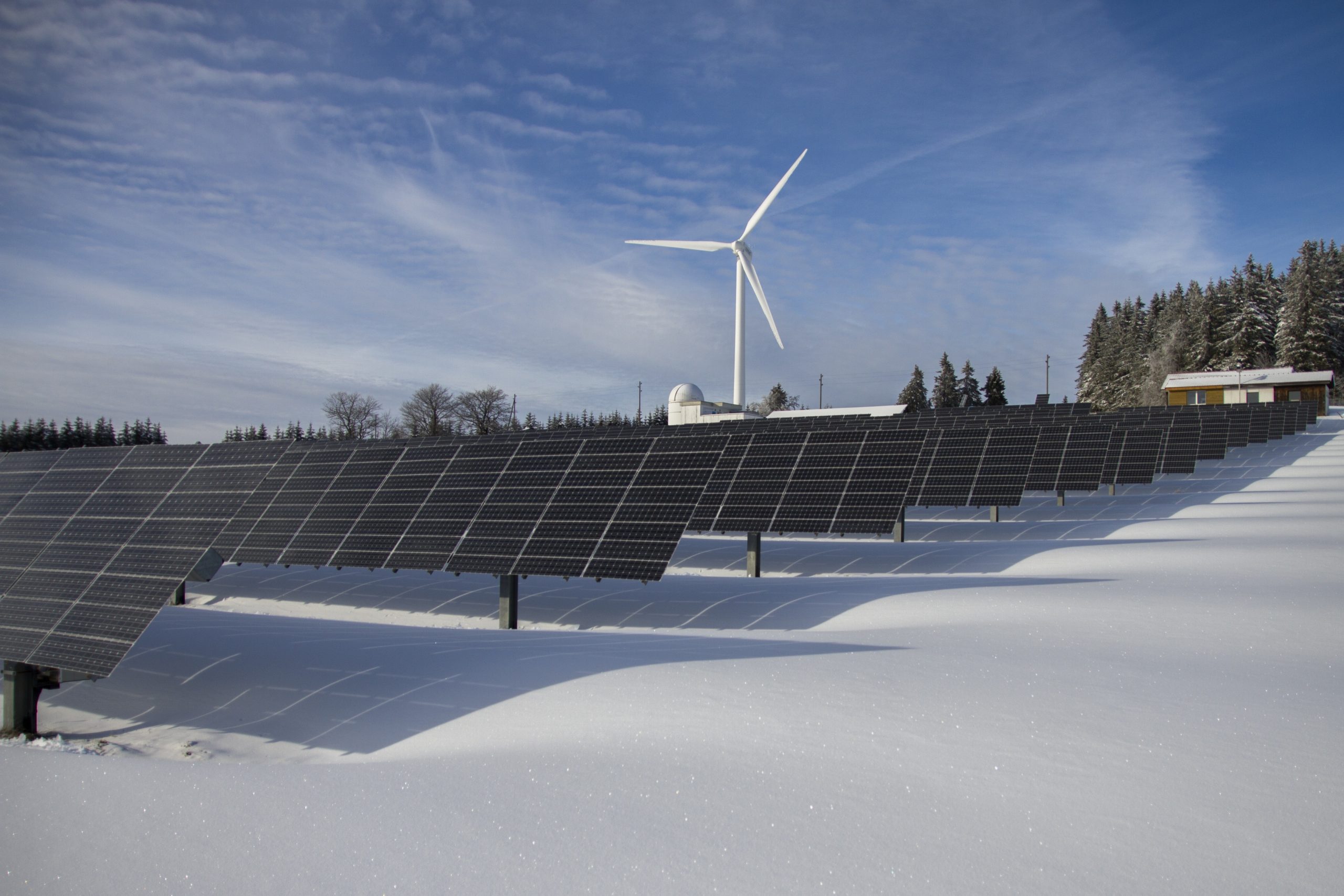Introduction
As discussions about sustainable business practices and renewable energy sources grow louder, more and more companies are pondering the question: “Is it cost-effective to install solar panels on our business premises?” The upfront costs of solar panels can be significant, but the long-term benefits are equally compelling. This article explores the cost-effectiveness of installing solar panels for businesses, focusing on initial investments, ongoing savings, and broader benefits.
The Initial Investment
Hardware Costs
The primary expense associated with solar installations is the cost of the solar panels themselves and the related hardware like inverters, mounts, and wiring. Depending on the scale and type of installation, these costs can range from tens to hundreds of thousands of dollars.
Installation Costs
Professional installation adds to the initial investment but ensures that the system is safe, efficient, and compliant with local regulations. Installation costs can vary based on location, scale, and complexity.
Potential Incentives
Governments and utilities often offer incentives to offset the initial costs of solar installation. These can come in the form of grants, tax breaks, or feed-in tariffs for excess energy produced.
Ongoing Savings
Reduced Energy Bills
Solar panels can significantly reduce your energy bills, sometimes eliminating them entirely during peak production months. The exact amount of savings will depend on your energy usage and local electricity rates.
Energy Independence
With a solar panel system, you’re less reliant on the grid, which can be advantageous during peak usage times when electricity rates may surge.
Feed-in Tariffs and Net Metering
If your system produces more electricity than you use, you may be eligible for feed-in tariffs or net metering, turning your excess energy into an income stream.
Additional Benefits
Carbon Footprint Reduction
Solar energy is clean, renewable, and emits no greenhouse gases during operation, which can be a significant step in reducing your business’s carbon footprint.
Enhanced Brand Image
Adopting renewable energy solutions like solar panels can elevate your brand image, showcasing your commitment to sustainability and potentially attracting more customers.
Increased Property Value
Studies have shown that buildings equipped with solar panel systems often have higher property values and sell more quickly than non-solar properties.
Calculating ROI and Payback Period
A crucial factor in determining cost-effectiveness is the Return on Investment (ROI) and payback period. These calculations involve factoring in your initial costs, yearly energy savings, and any additional revenue or incentives.

Conclusion
Determining the cost-effectiveness of installing solar panels on your business premises involves a multifaceted analysis of initial costs, ongoing savings, and broader benefits. Although the upfront investment can be high, government incentives, reductions in energy bills, and additional revenue streams can make solar installations highly cost-effective in the long run. Moreover, the intangible benefits like a reduced carbon footprint and enhanced brand image can provide value beyond mere financial savings.
Before making the decision, consult with solar energy experts, tax advisors, and financial analysts to get a comprehensive understanding of the costs and benefits unique to your business situation. With the right planning and execution, solar energy can be a highly rewarding investment for your business.
